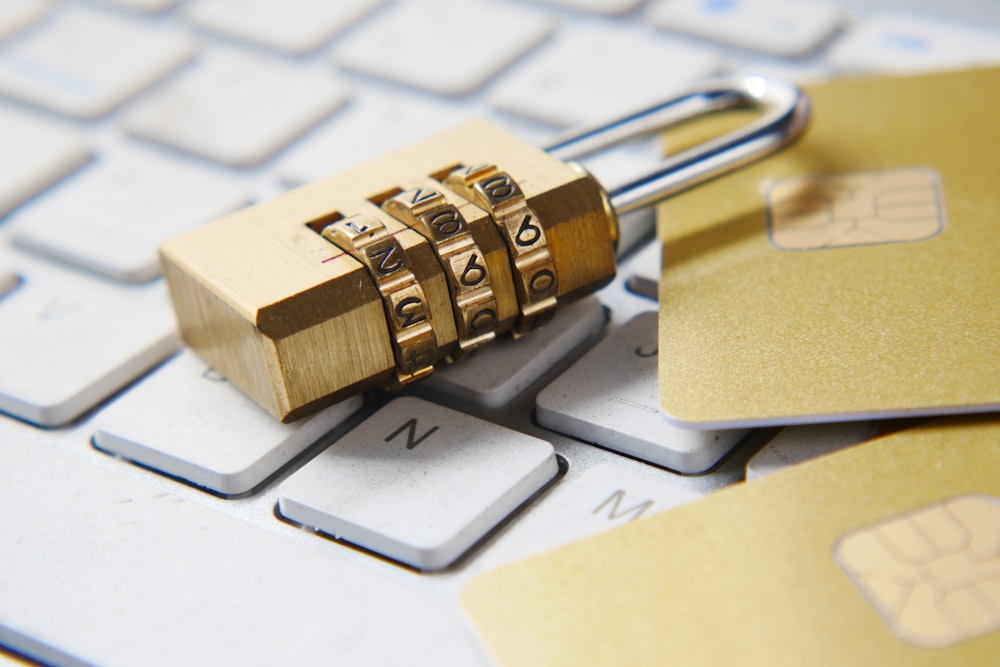The Importance of Data Privacy in the Digital Age
Published 8:55 am Friday, December 8, 2023
Sponsored content
Did you know that we generate 90% of today’s data in the past two years? It might seem impossible, but it’s true: companies collect increasing amounts of data each day, enabling them to gain valuable insights into customer trends and behaviors. However, this also necessitates the development of novel methods to securely store and safeguard this personal information.
When we mention “data privacy,” we usually refer to how companies handle personal customer information or personally identifiable information (PII), like social security numbers, health information, financial details, and more. However, it can also pertain to sensitive company information, such as internal reviews and reports or financial data.
Image source: unsplash
The Importance of Digital Privacy
You cannot overstate the significance of digital privacy. It’s not just about safeguarding your personal information from falling into the wrong hands, but also about preserving your autonomy and maintaining control over your online identity. If your digital privacy is compromised, entities can monitor, manipulate, and exploit your online activities, preferences, and even thoughts.
Who Collects Our Data and Why?
You may encounter various entities that engage in data collection, such as:
- Companies and organizations: They collect data to gain insights into their customers, enhance products and services, and personalize user experiences.
- Advertisers and marketers: Their data collection efforts revolve around understanding customer demographics, interests, and behaviors.
- Governments and public institutions: They collect data to ensure public safety, national security, and effective policymaking.
- Service providers: Internet service providers, telecommunications companies, and other service providers often collect data for billing purposes, network optimization, and service improvement.
How to Improve Data Protection?
#1 Password and 2FA
Use strong and distinctive passwords for all of your online accounts. You can simplify and secure your login credentials by utilizing a password manager. Whenever possible, enable two-factor authentication (2FA) to add a level of security. This usually involves a combination of passwords and verification codes that are sent to your mobile device.
#2 Use a VPN
VPN is one of the powerful tools for improving online security. Advanced VPN services, like VeePN, can hide from all companies and even your Internet provider what you are doing on the Internet. Moreover, you can move freely across different regions. Here are instructions on how to change the VPN location in VeePN. It’s simple, you need to select a server through the application interface. After this, your data will be transmitted only in encrypted form, and it will not be possible to track you, since it is impossible to identify you.
#3 Privacy Settings
Regularly reviewing and updating privacy settings on social media platforms and other online services is important. You should also limit the amount of personal information you share publicly. Additionally, considering a reliable online VPN service can further enhance your online privacy by encrypting your internet connection and safeguarding your data from potential threats.
#4 Updating Your Devices

Image source: pixabay
Regularly released updates bring added functionality and enhanced security to various software, such as mobile and desktop operating systems, web browsers, popular apps, and even smart home devices. Despite the inconvenience of waiting for a software update before you can use your computer, the security advantages make it worthwhile to put in the effort.
#5 Control Privacy Settings
You should take the time to understand and adjust privacy settings on online platforms and applications according to your preferences. This is crucial for managing the visibility of your personal information. Ensure that you regularly review and update privacy settings on social media accounts, search engines, and mobile apps.
The Risks of Ignoring Digital Privacy
Neglecting to prioritize your digital privacy might result in severe consequences. For instance, when you share or leak personal information without consent, it can lead to identity theft, financial fraud, or even cyberstalking. Additionally, corporations constantly track and monitor our online behavior, which can lead to targeted advertising, invasion of your personal space, and erosion of your privacy rights.
Conclusion
You may trust the motives of your government or government agencies that collect the data. What about the rest? It’s just unpleasant to realize that everyone knows about you and is somehow trying to get into your pocket. Protecting personal information is a guarantee of security for everyone.


